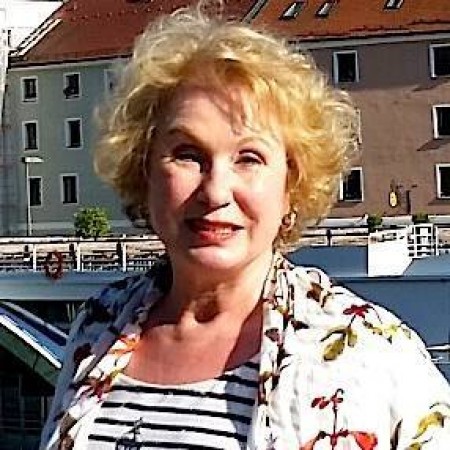
It's a good thing Sharon Marshall Hoerr didn’t put too much stock into the college recommendation of her high school counselor.
Don’t go to Illinois, she was advised. It’s too big for a small-town girl from Big Rock, Illinois.
“Upon my arrival in 1967, I knew I had made the right decision,” Hoerr says a half-century later from the second Big Ten town called home — Lansing, Mich. “From the gorgeous Quad to ivy-covered halls where movies were shown on the weekends and males still outnumbered females, I was hooked.
“When classes started, however, it became obvious that I was behind my better prepared classmates from rich suburban schools. What a lot of catching up there was.
“Back then, college was still affordable for state residents. My tuition and fees were paid for by a scholarship from the Kane County Farm Bureau, if I majored in home economics. Having worked since I was 14 and all through college in food service as a student food service manager in three different residence halls, I made enough money to cover room and board as well.”
(A quick aside from Michigan State’s emeritus professor of food science and human nutrition: “It breaks my heart to see how state governments have systematically disinvested in higher education. When I started as an assistant professor at MSU, Michigan covered about 75 percent of tuition for in-state students. By the time I retired in 2015, it was less than one-quarter).
“Like many others,” Hoerr says, “I met my husband at UI. Bill Hoerr majored in music education and played trombone for John Garvey’s jazz band. The T-bird offered band members free pizza and beer when they played concerts there. The famous Bridgewaters were in the band then.”
Hoerr went on to earn three degrees from the UI — in 1971 (dietetics and nutritional Sciences), 1975 (health education and school health) and 1985 (nutritional science).
“All of our graduate education was covered by graduate assistantships,” she says. “Prior to returning to grad school to pursue a Ph.D. with Ralph Nelson, I worked for two-and-a-half years as a state Extension specialist in foods and nutrition and traveled the entire state giving talks and media interviews. We were housed on the top floor of Bevier Hall.
“When Krannert Center was under construction, it took up four square blocks that we had to walk around to reach campus. What a pain. But when it opened, it was so grand and accessible and where the magic happened.
“While in grad school, my husband and I had season tickets to all the theater, concerts and opera we could take. I especially loved that one could walk in and buy tickets and enjoy coffee and lunch at the mini café set up there. Backstage tours exhibited the carpentry and costumery along with the practice rooms and studios for musicians, dancers and performers.
“Needing a two-credit elective class my senior year, I skimmed the entire class listings to find one that fit into Tuesday and Thursday at a certain time. Lucky me, it turned out to be Dr. Richard Scanlan’s Greek and Roman mythology class. Ovid and Homer still sit on my bookshelves and I used what I learned to teach mythology to high school students in Puerto Rico after graduation. What an interesting course; one of my favorites.
“One of the best things for me was the great diversity of faculty and students. The UI was one of the first campuses to become accessible to people in wheelchairs. I had never before met blacks, Asians, Jews, Catholics, Communists or hippies. Now, they were in my classes and sharing experiences. Life became interesting and diverse.
“I learned fast that if a guy asks you out for a beer, never say, ‘I don’t drink beer.’ Therefore, I learned to drink beer and coffee and eat a wider variety of foods than I ever thought imaginable.”
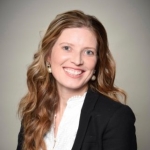

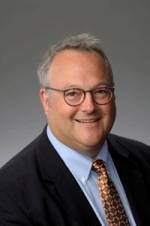



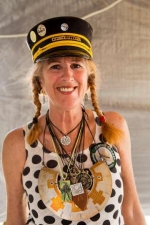


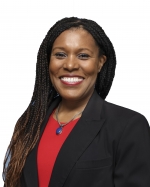
© 2026 The News-Gazette, All Rights Reserved | 201 Devonshire, Champaign, IL | 217-351-5252 | www.news-gazette.com
